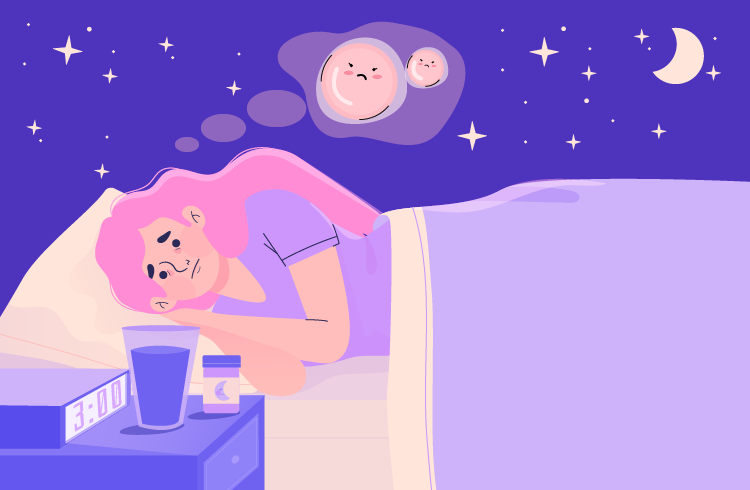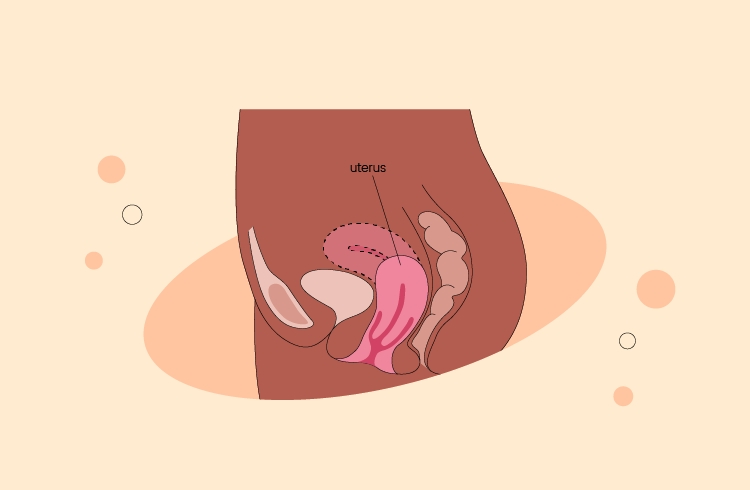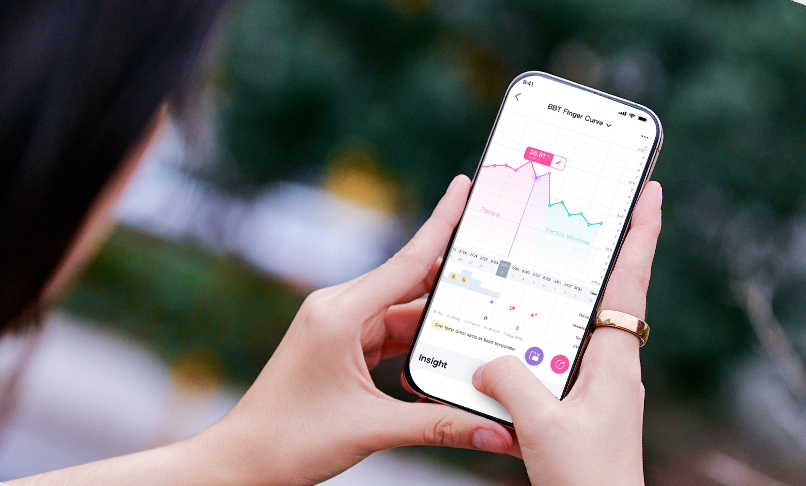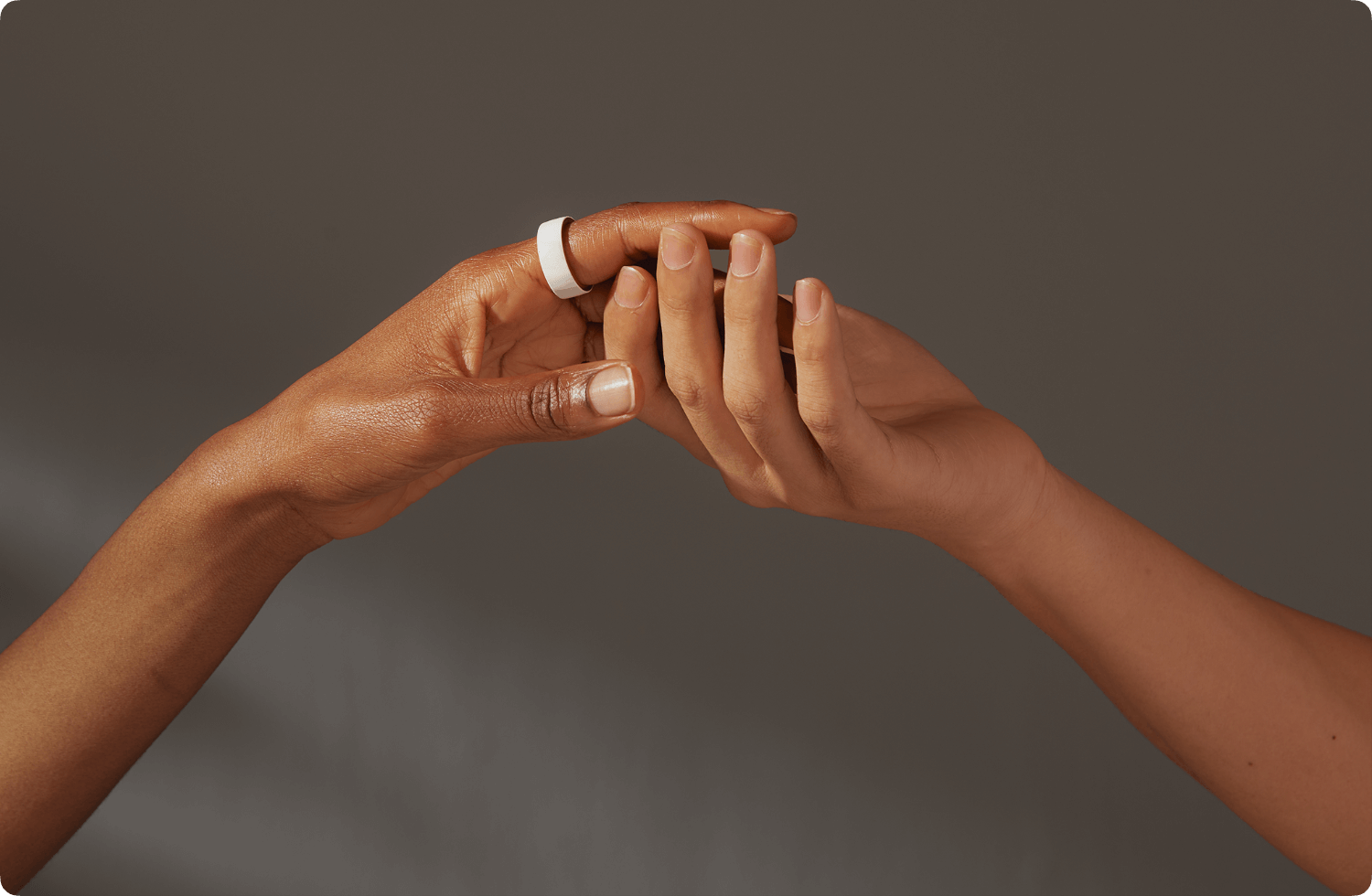One of the most common questions about pregnancy and menstruation is can you get pregnant on your period? Although conventional wisdom suggests that this is unlikely to happen, some people do in fact get pregnant during their periods. In this article, we will talk about the possibility of conception during menstruation and what causes this to happen.
Understanding the Menstrual Cycle
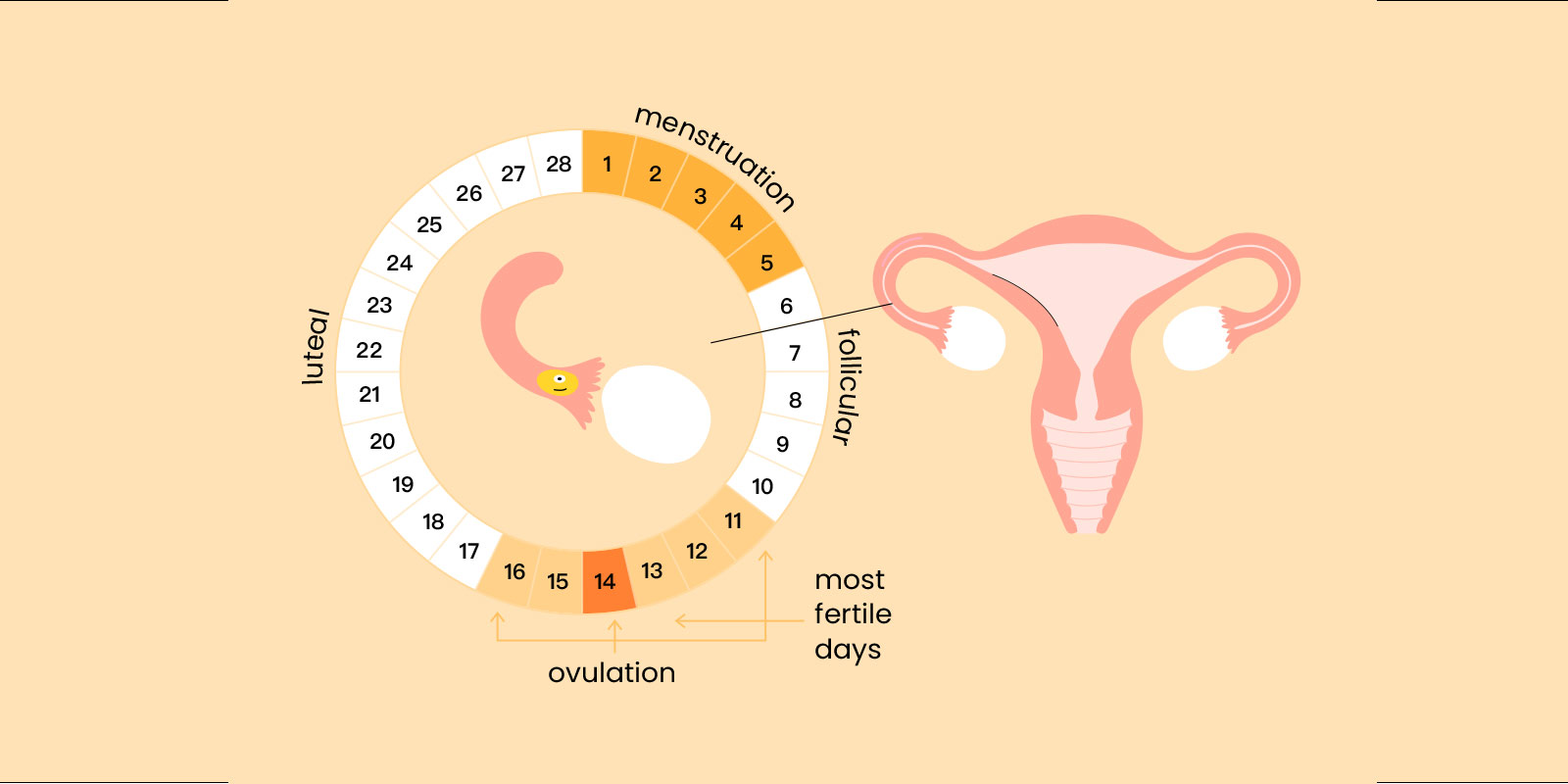
Before discussing the possibility of pregnancy during menstruation, it is necessary to have some basic understanding of the menstrual cycle. The menstrual cycle is divided into several phases, of which menstruation is just one. The menstrual cycle includes:
Menstruation: This is the phase in which the lining of the uterus sheds, causing bleeding. It usually lasts 3-7 days.
Follicular phase: After menstruation, the body begins to prepare for ovulation. Hormonal changes stimulate the development of ovarian follicles, each containing an egg.
Ovulation: This is the stage when a mature egg is released from the ovary and is ready for fertilization. Ovulation usually occurs around the middle of the menstrual cycle.
Luteal Phase: After ovulation, the empty follicle transforms into the corpus luteum, which secretes hormones to support a potential pregnancy.
Related Article: https://www.femometer.com/Press/Menstrual-Cycle-Length-What-is-Normal
Can You Get Pregnant on Your Period?
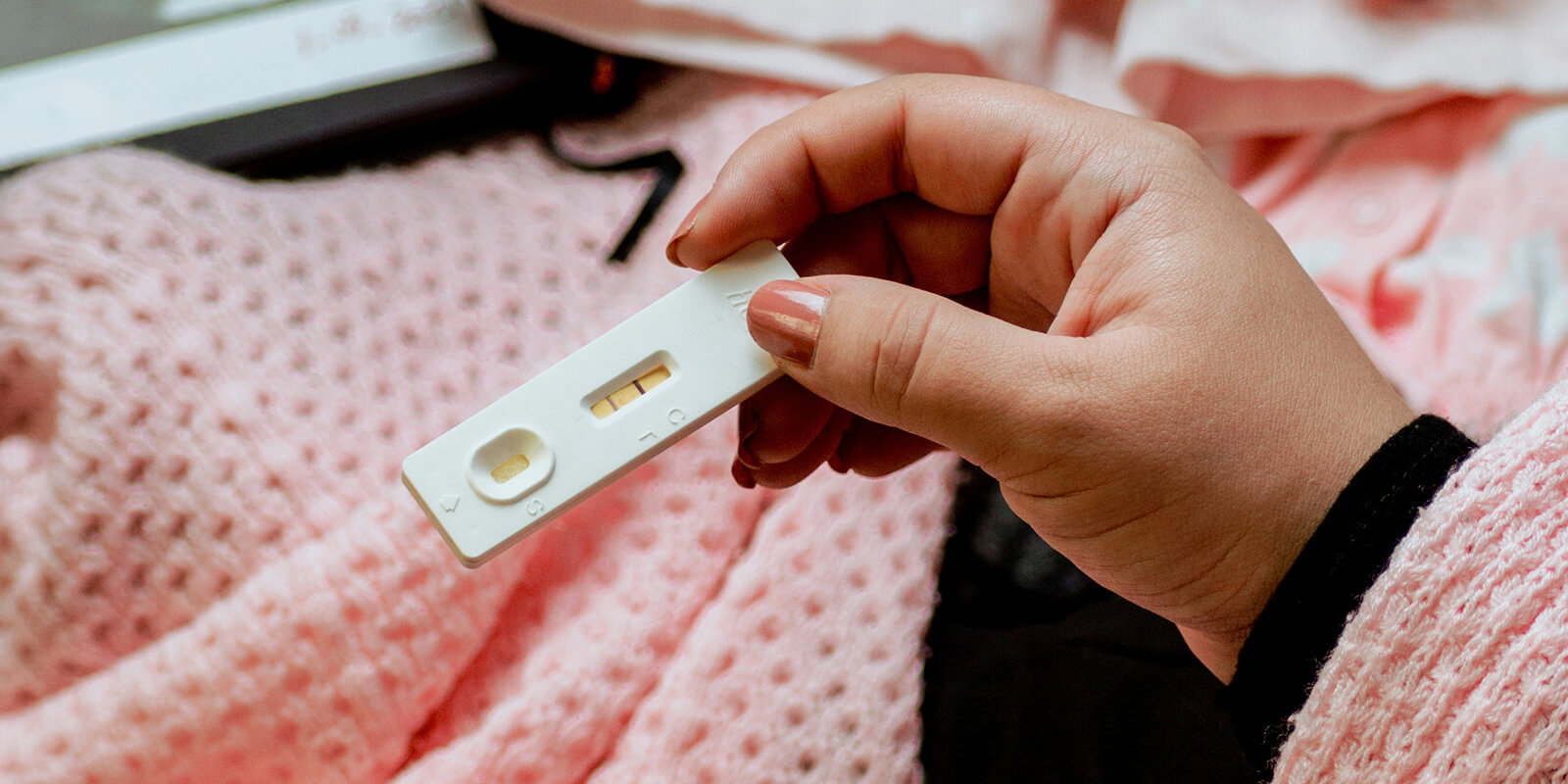
The likelihood of pregnancy during menstruation depends on various factors, including the length of the menstrual cycle and the lifespan of the sperm and egg.
1. Sperm survival: Although sperm can survive in the female reproductive tract for several days, they have a limited lifespan. Typically, sperm can survive for up to five days, but this can vary depending on factors such as the environment of the cervix and the presence of fertilizable cervical mucus.
2. Lifespan of the Egg: The egg has a relatively short lifespan compared to the sperm. After ovulation, the egg survives for about 12-24 hours.
Taking these factors into account, it is theoretically possible to become pregnant during sexual intercourse during periods when
• The menstrual cycle is short, especially if it is irregular.
• Ovulation occurs early in the menstrual cycle.
• Sperm can survive until ovulation. If you have sex near the end of your period and ovulation occurs shortly after the end of your period, it is possible to become pregnant.
Factors Affecting Fertility
While the timing of intercourse plays an important role in conception, other factors can also affect fertility:
Sperm health:
The quality and quantity of sperm can affect fertility. Factors such as age, lifestyle habits and underlying health conditions can affect sperm health.
Timing of Ovulation:
Accurate prediction of ovulation improves the chances of conception. Tracking methods such as basal body temperature charts, ovulation prediction kits and cervical mucus monitoring can help pinpoint your fertile window.
Releated product: Femometer ring for ovulation tracking
Female Reproductive Health:
Women with certain health issues such as hormonal imbalances, polycystic ovary syndrome (PCOS) and reproductive disorders can have late or missed ovulations and lower fertility.
While pregnancy during menstruation is less likely than during other phases of the menstrual cycle, it is not impossible. Better understanding your menstrual cycle, tracking ovulation, and practicing safe sex are essential to preventing unwanted pregnancies. If you are trying to conceive, knowing your most fertile days can greatly increase your chances of successful conception each cycle.
This article is the original creation of Femometer. All rights reserved by Femometer Inc. To reproduce, distribute, or reference the content, please reach out to us in advance to prevent any potential legal issues. Copyright © Femometer Inc.





